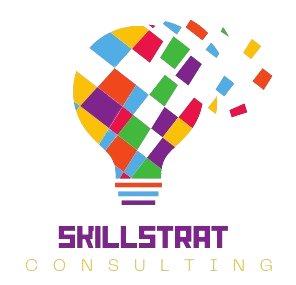
In the complex world of education, where each decision and interaction can significantly impact student outcomes, the importance of self-awareness for educators cannot be overstated. Drawing from Tasha Eurich’s insightful article, “What Self-Awareness Really Is (and How to Cultivate It)” published on Harvard Business Review, this piece explores the dual facets of self-awareness and their critical implications for teachers in their professional environments.
Understanding Self-Awareness
Self-awareness involves more than just introspection. It comprises two distinct types:
-
Internal Self-Awareness
This dimension relates to how clearly we see our own values, passions, aspirations, fit with our environment, reactions, and impact on others. For educators, internal self-awareness impacts everything from teaching styles to how they handle stress and conflict in the classroom.
-
External Self-Awareness
This dimension refers to understanding how others view us in terms of the same factors. For teachers, developing external self-awareness can enhance relationships with students, parents, and colleagues, and improve their effectiveness in the classroom.
Why Self-Awareness Matters in Education
Self-awareness in educators influences several key areas:
-
Improved Pedagogical Practices
Educators with a strong sense of internal self-awareness align their teaching methods with their core values and beliefs, leading to more authentic and effective teaching. Understanding their impact on students helps teachers adjust their strategies to support better learning outcomes.
-
Enhanced Interpersonal Relationships
By being aware of how they are perceived, educators can manage classroom dynamics more effectively. External self-awareness allows teachers to respond to students’ needs sensitively, fostering a supportive learning environment that can accommodate diverse learning styles.
-
Effective Stress Management
Teachers often face stressful situations, from managing heavy workloads to addressing behavioral issues. Those who are self-aware can identify their stress triggers and adopt coping mechanisms that preserve both their well-being and their ability to teach effectively.
Cultivating Self-Awareness
Eurich’s research suggests several strategies for enhancing self-awareness, applicable in educational settings:
-
Seeking Honest Feedback
Regular feedback from peers, mentors, or even students can provide valuable insights into a teacher’s effectiveness and areas for improvement.
-
Reflective Practices
Keeping a journal or engaging in reflective teaching practices helps educators evaluate their performance and decision-making processes.
-
Mindfulness and Meditation
These practices can aid teachers in becoming more attuned to their internal experiences and the subtleties of classroom interactions.
SkillStrat’s Role in Promoting Self-Awareness
At SkillStrat Consulting, we recognize the foundational role of self-awareness in educational excellence. Our training programs for teachers not only highlight the importance of self-awareness but also provide practical tools and strategies to cultivate it. Through workshops, coaching, and resources, we help educators develop both internal and external self-awareness, empowering them to become more effective, empathetic, and engaged in their roles.
Conclusion
In conclusion, self-awareness is a key component of successful teaching. It enables educators to teach more effectively, foster positive relationships, and handle the pressures of the classroom. As we continue to support educators through our programs at SkillStrat, we emphasize the cultivation of self-awareness as a critical tool for anyone looking to excel in the ever-evolving landscape of education.
